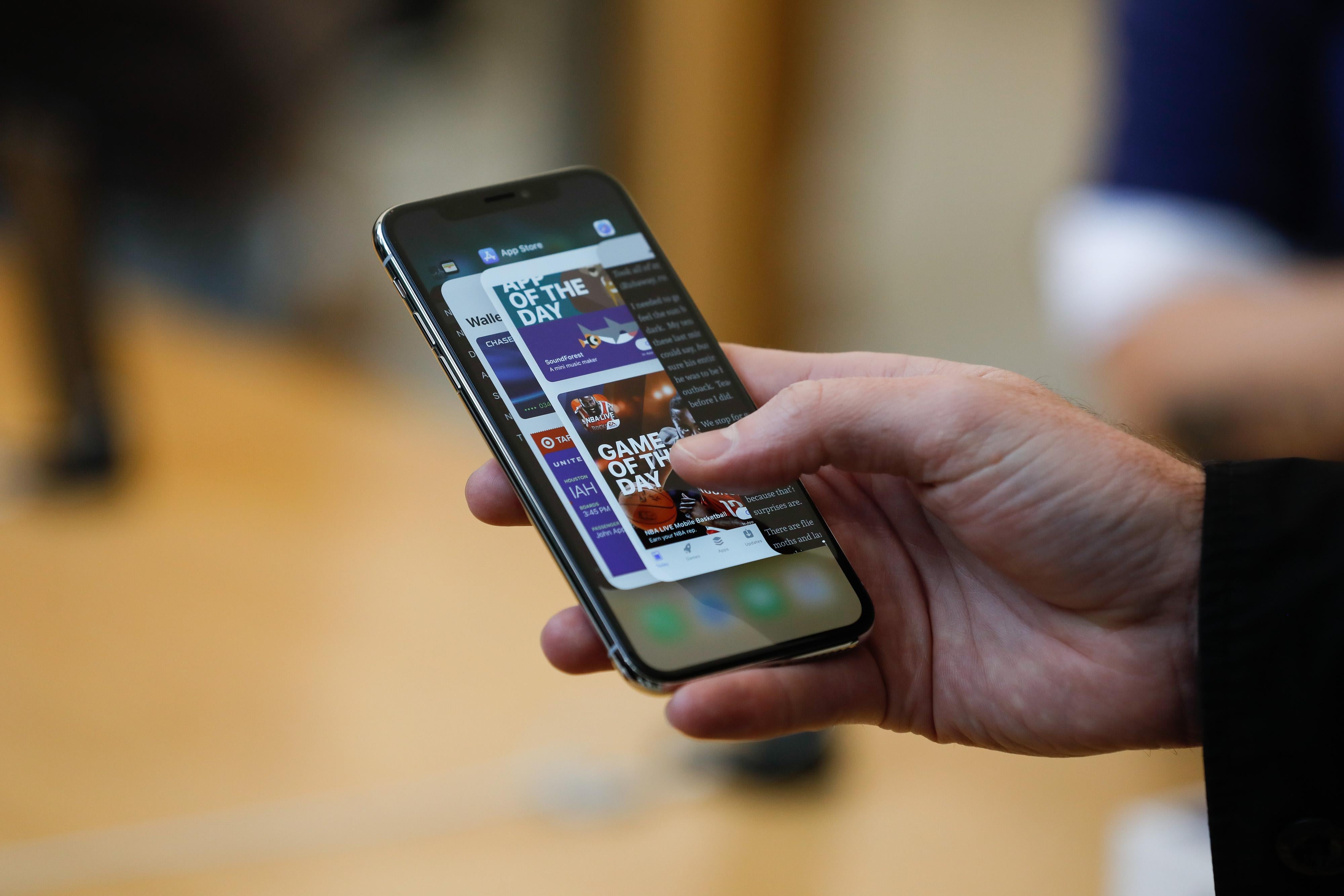Apple may be cutting out the middleman in its acquisitions of cobalt, the glittery blueish-gray mineral that’s essential for the iPhone and iPad’s lithium-ion batteries, Bloomberg reports.
Rather than entrusting its battery-suppliers with the cobalt purchases, Apple is for the first time considering deals to buy several thousand metric tons of the mineral straight from miners annually for at least the next five years. (The proposition of buying cobalt directly is far from settled, however, as one of Bloomberg’s sources claims the plans may be scrapped.)
Why are battery components and how Apple buys them interesting? Because both tell us a lot about the growth in an another area of the technology industry: electric vehicles. Apple is concerned that the burgeoning EV market threatens to consume a large percentage of yearly cobalt production. Fears that car manufacturers will elbow in on the market partly stems from the fact that, while phone batteries only require eight grams of cobalt, electric car batteries require more than a thousand times more. The coming EV boom may leave little for smartphone production, which currently uses a quarter of the world’s annual supply.
A number of automotive companies are also trying to secure long-term cobalt deals. Volkswagen asked cobalt producers in September for proposals to furnish the company with the metal until 2029 for its pivot to EVs, and BMW is looking for a 10-year supply of cobalt and lithium to support its plans to introduce 25 new electric cars by 2025.
Fierce competition for cobalt could throttle the proliferation of electric vehicle in the next decade. With Tesla, Ford, GM, and a host of others also aiming to expand their EV production goals, experts predict that demand for cobalt from auto manufacturers will multiply eightfold by 2026. By around that time, the Scientific American reports, the electric car industry will likely require at least 330,000 metric tons of the mineral, though the available supply in 2025 will only be 290,000 metric tons according to the most optimistic estimates. Samsung and a number of other companies have plans to begin recycling cobalt from old and faulty batteries, though, which could help address the issue.
In scouring the globe for cobalt, manufacturers further run the risk of doing business with mines that recruit children, neglect safety and oversight measures, and violate other human rights conventions. Miners in the Democratic Republic of the Congo, which produces more than two-thirds of the world’s supply, often have to use hand tools to dig hundreds of feet below the earth and expose themselves to toxic metals that can result in respiration issues and birth defects. During a reporting trip to the country, the Washington Post found children as young as 10 or 12 working in the mines. Amnesty International estimated in 2014 that there were 40,000 children miners in the southern DRC alone. Apple and a number of other electronics makers have pledged to inspect their supply chains for such abuses.
